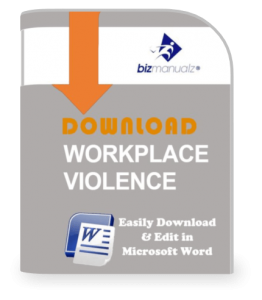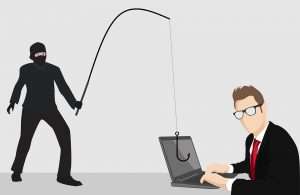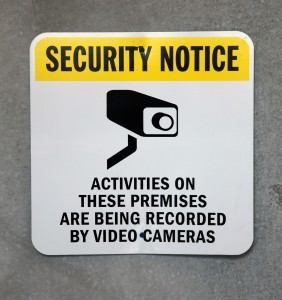How to Protect Your Small Business?

It doesn’t matter whether you’re just starting a new business venture or have a small company running for years. As a business owner, it falls onto you to do everything within your means to minimize mistakes that put your business at risk and keep the business running smoothly. How to Protect Your Small Business?
Protecting Your Small Business
Unfortunately, small businesses are some of the most vulnerable businesses with significant assets to make them an attractive target but lack the right form of protection that billion-dollar conglomerates have. This is why many small businesses fall prey to thieves, hackers, and other opportunists.
So, should this stop you from starting a business? Definitely not! There are actually plenty of methods that you can take to protect you and your small business. Our article by businessfairfield.com includes a few useful tactics including different approaches ranging from physical protection, insurance protection, and cyber protection that you can adopt to keep your venture safe.
Physical Protection
First on our list is physical protection. This is especially important if you plan to improve workplace safety, operate a brick-and-mortar store or at a physical office location.
- The Right Location
Picking out the right location from the outset can help you steer clear of violent crimes and robberies. Remember to do some research and learn about the crime rates in the area before deciding to buy or lease a space. It would also help to consider the layout and location of the building. The more visible the building is, the less susceptible it is to burglaries and crimes. - Invest in a Safe
If your business includes handling lots of cash payments or important documents, it is worthwhile to consider investing in a good safe. You need to also make sure that you do not give out the password to your safe to everyone. Make sure only a few trusted people know the combination to minimize the risk of internal robbing. - Change Your Routine
If you’ve watched movies on robbery, you ought to pick up that robbers and thieves count on your routine to successfully perform a crime. Clever criminals will monitor businesses for days or even weeks ahead of their crime to know when and where you’re most vulnerable. You can throw them off by changing up your routine and force them to move on.
Business Insurance

Protect Your Small Business with Insurance
Insurance policies can ensure that an attack will not bankrupt your company by providing payouts and/or reimbursement when you need them the most. But when disaster strikes, it is important to have a business continuity plan in place.
There are a few types of business insurance available, and they include:
- Property Insurance / Vehicle – this is an important insurance to get if you own your building, company vehicle or equipment therein.
- Workers’ Compensation Insurance – this insurance has become a requirement in most states to protect an employee in case they get injured while on the job.
- General Liability Insurance – this will protect your business and employees in the event you’re held legally responsible for damages.
- Product Liability Insurance – this is a liability coverage for companies manufacturing or selling a specific product line.
- Business Interruption Insurance – this insurance lets you continue to generate income even during temporary interruptions such as when your business is forced to close due to natural disasters.
- Cybersecurity Insurance – this form of insurance will protect your business from potential hack or data breach. This is an especially important insurance to get if you work with large volumes of sensitive information.
Cybersecurity Protection
The next thing that you need to look into is your business’ cybersecurity and to prevent any data breach.
- Invest in Cybersecurity Tools
Depending on your organization, investing in the right cybersecurity tool can include installing antivirus software, attack monitoring tools, or even basic password managers. - Strong and Unique Passwords
Many small businesses are victims of “hacks” thanks to easy-to-guess passwords for important accounts. This is why it is it is critical for you to make sure you generate strong passwords with a long string of characters. - Up-to-date Software
Software developers regularly update their software to patch bugs and vulnerabilities that could be exploited by hackers. Hence it is important for you to make sure your software is regularly checked and updated. - Secure Network
Make sure your Wi-Fi network is secured with a strong password. You can even consider getting a virtual private network (VPN) to encrypt and secure all your connections. - Limit Access
Another easiest way to protect your data is to limit data access using IT Policies and acceptable use policy. Do not allow anyone to access important data unless they truly need it. Another benefit to limiting access is that most of your data will still be safe even if one individual account is compromised. - Train Employees
It’s not just you that needs to be familiar with these, but you also need to make sure that your employees are aware of such practices and for them to take them seriously.
Protect Your Small Business
It is critical to safeguard your small business, avoid frauds, safeguard your computers and networks, safeguard your customers’ data, and safeguard your bottom line. Don’t make the mistake of assuming that your small business is impenetrable or that you will not be targeted. Even a minor investment in your security policies and procedures may offer protection from the bulk of current threats at bay—and provide you with a backup plan if you do become a victim.















Leave a Reply